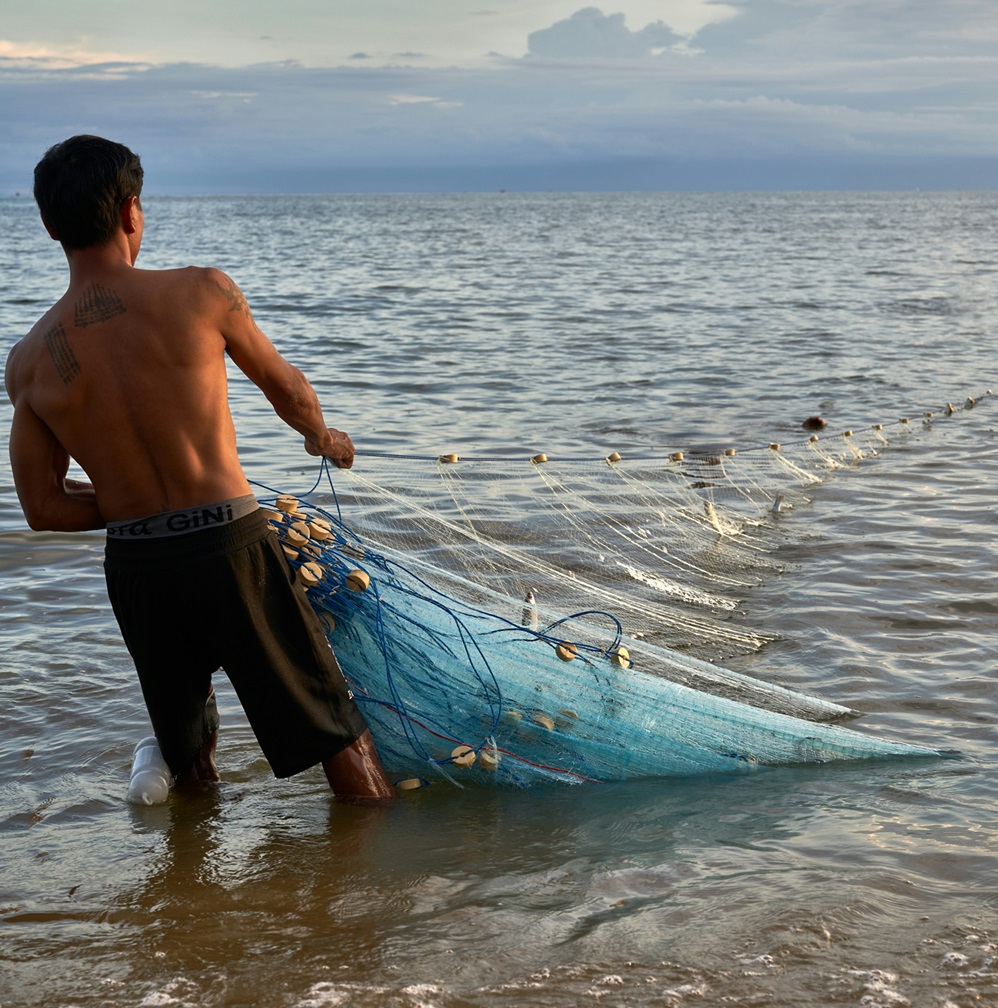Fisheries reform: Bangkok risks backtracking on exploitation
Under pressure from local businessmen, Parliament wants to relax stringent regulations on the protection of the sea and working conditions on fishing vessels, which are often linked to human trafficking. The current law had been passed in 2015 under pressure from the European Union, which threatened a ban on local fish products. But now, with industrial production in crisis, Thailand hopes to catch up by 'liberalising' the sector.
Bangkok (AsiaNews) - The Thai parliament is preparing to examine several bills that would lead to a substantial revision of the laws governing the fishing industry.
The fear of many is that the result could set the employment situation back by years in a sector where conditions of exploitation and violence against labour, especially foreign labour, have been denounced with more frequency and determination. In this case, the fallout on the country's image, which has long been under scrutiny, could also be substantial.
The changes so far proposed to the 2015 law - despite the differences expressed by the various parties - tend to overcome a situation considered too restrictive and unfavourable to entrepreneurs and ship owners.
In fact, there would be the liberalisation of destructive fishing tools such as bottom trawls, the return of the transhipment of fish between offshore vessels, wider meshes regarding the capture of protected marine species and, finally, a reduction in the penalties currently provided for illegal or irregular fishing. For the latter, fines could be reduced by as much as 98%, while prison sentences would be abolished altogether.
The new rules, however, would not only endanger rare species or delicate marine ecosystems; they would also return many thousands of workers to a state of insecurity, exposing them to inhuman working conditions and throwing them back into the hands of human traffickers.
"All political parties agree that the penalties in the current law are excessive. However, amending it does not mean deleting everything,' said Woraphop Viriyaroj, MP for the opposition Move Forward progressive party and vice-chairman of the committee dealing with amendments to the Fisheries Act.
The current law had been passed and enacted after the military coup in May 2014, spurred by the risk that Thai fisheries, among the largest in Asia, would be banned by the European Union and other international markets.
The law had led four years later to Thailand's removal from the list of countries under observation and to its inclusion in level 3 (the worst) on the list of countries involved in human trafficking. It was precisely the improvement in working conditions at sea that had subsequently led Bangkok to move up to level 2 and then 1 in this second ranking as well.
It is difficult to understand the current moves without attributing them to pressure from the oligopolies that influence a large part of the Thai economy and which politics cannot ignore.
The impression is that the aim is to use the sector as a buffer for falling industrial production and lower than expected tourism revenues. However, the risk of repercussions is high.
The Asian branch of the Environmental Justice Foundation believes that the drastic changes under consideration could put 60% of a fish export worth .3 billion a year at risk of international sanctions.
14/07/2018 15:35
30/04/2009







.png)










